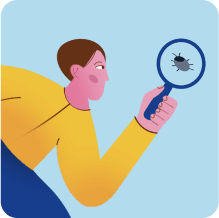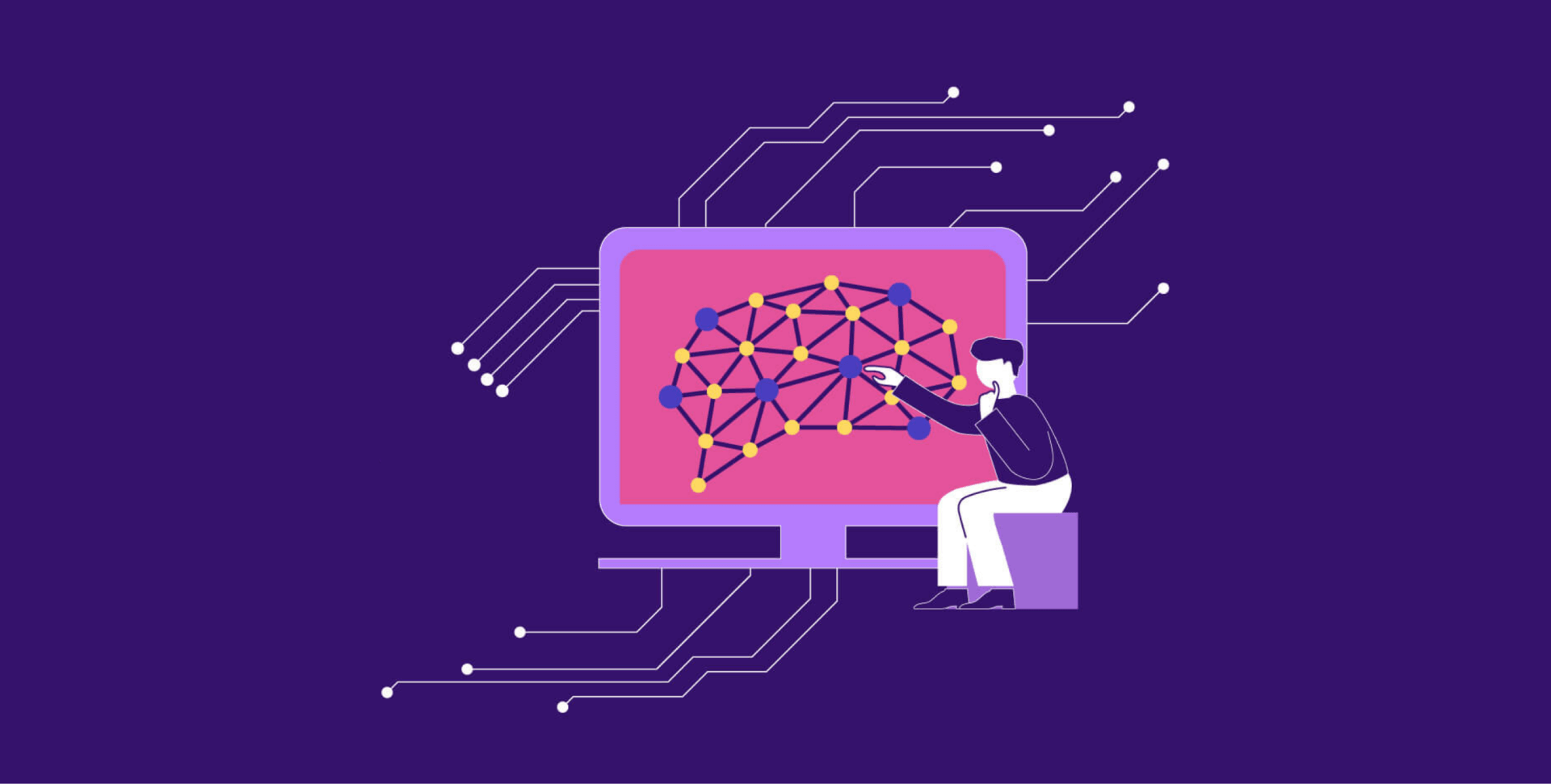Artificial intelligence on the rise
The ever-growing amount of data and information in all areas of our society makes the use of AI and ML indispensable. Efficient analysis and evaluation of this data would not be possible without AI and ML. However, the significant added value from large volumes of data can only be achieved through targeted evaluation.
Software quality assurance must keep pace
Not only large companies with almost unlimited resources have the possibility to use AI and ML to improve their software and products. Due to the enormously increased availability of computing power and memory in recent years, ML approaches have become easier to implement. This is one of the reasons why they have spread into more and more application areas. One of these areas is the quality assurance of software.
In order to keep up with the development, QA must inevitably develop further and rely on new technologies. Which makes artificial intelligence in software testing essential. In fact, comprehensive software testing is more important than ever to eliminate critical defects in AI-based programs. This is particularly evident in the example of self-driving cars.
In practice: Artificial Intelligence in QA
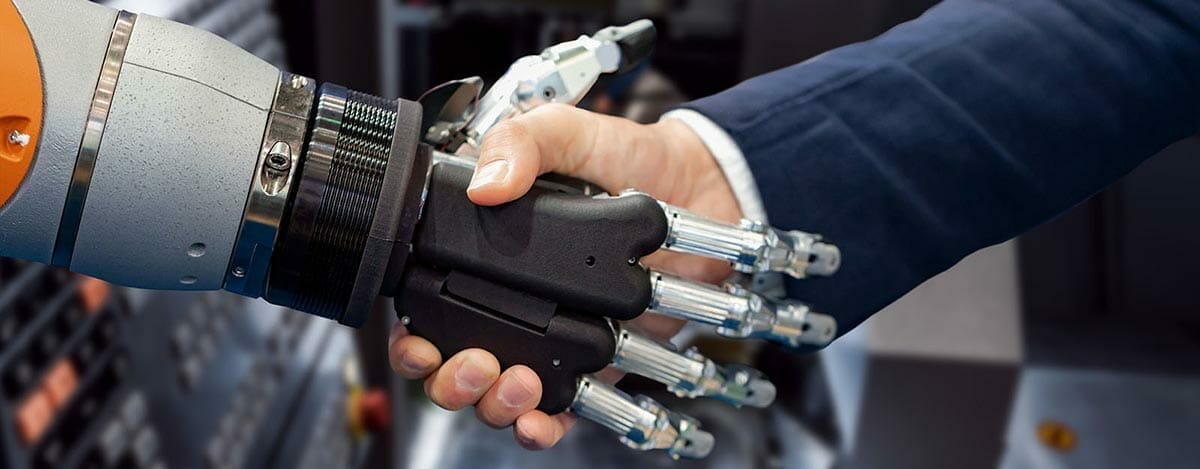
How exactly can we benefit from AI and ML in quality assurance, where can we apply these technologies? We have compiled five examples that illustrate how new paths are already being taken in QA with artificial intelligence:
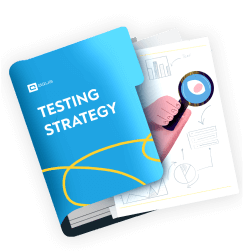
Get an AI-ready testing strategy to make your QA 2 times as fast
1. AI in code analysis
Using AI in software testing in the early phase of development can significantly improve your code in general. By applying the knowledge gained from analyzing code, best practices and common defect sources, even the code of large programs with complex functions can be automatically analyzed and searched for potential errors and vulnerabilities with much less manual effort. This not only saves time and effort but also finds defects that are easy to overlook or only occur in specific constellations. Connections, dependencies and areas of particular risk are also detected. Good examples are DeepCode or Infer.
2. AI in test case creation
Machine learning software testing can be very useful for quality assurance, whether tests are executed manually or automatically. First of all, by analyzing areas of high risk or simple coverage analyses, the decision of which test cases to create can be simplified. In addition, the existing test case catalogue can be checked for redundant or ineffective test cases. Automated test case creation is also made easier with automatic scripting through interpretation of a continuous text or even directly based on user behaviour. Current applications that rely on AI for test case creation include Appvance IQ and Functionize. However, in this case, if there is no possibility to implement AI in your work, you should consider using online test management tool such aqua, Polarion, Codebeamer, etc.
We cover 4 more ways to leverage artificial intelligence in our AI testing trends overview. It has practical examples as well as a comparison of modern test management solutions that offer AI functionality.
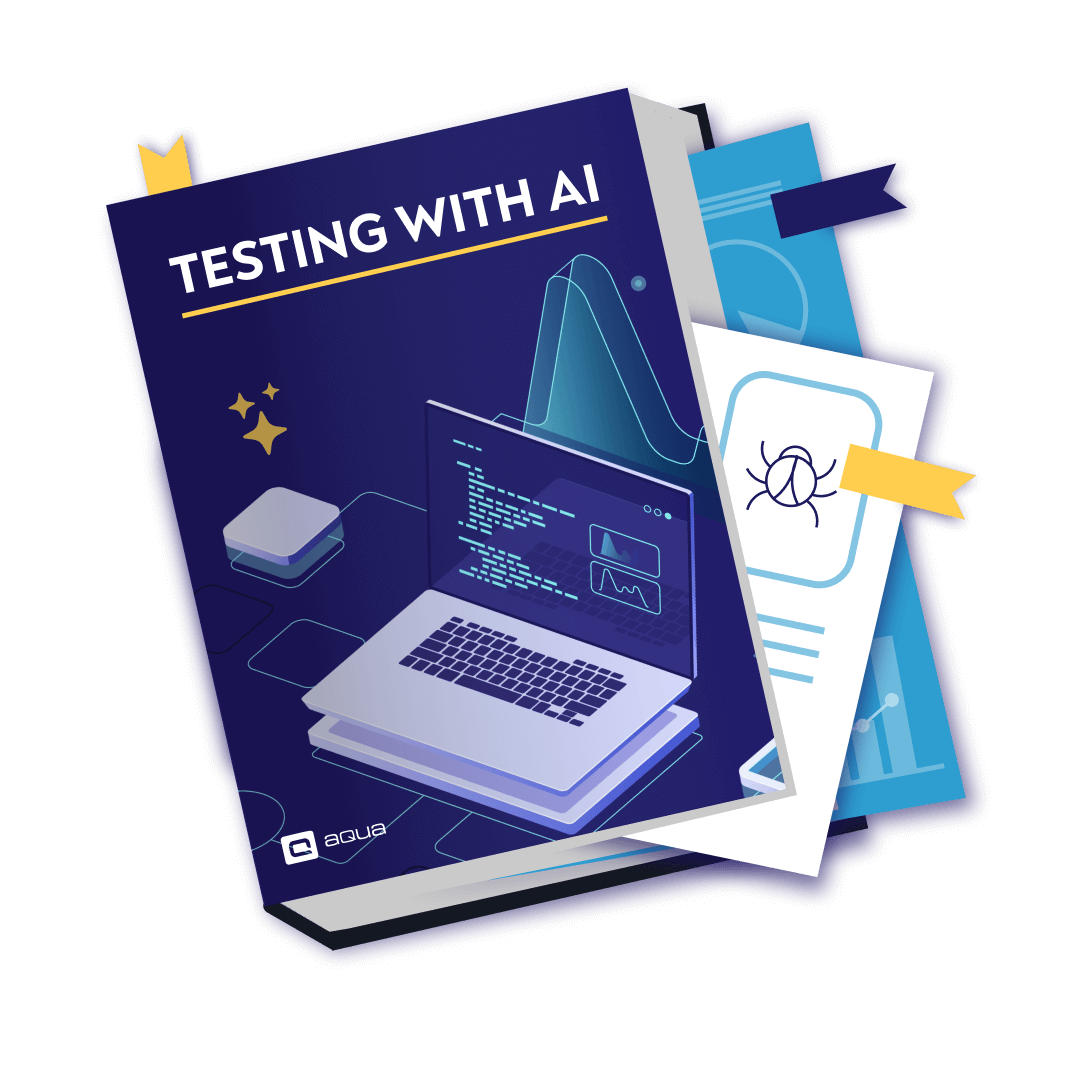
Learn the 5 AI testing trends to save 12.8 hrs/week per specialist
3. AI during manual test execution
Manual test execution can also benefit greatly from artificial intelligence when analyzing the results of previous or current executions. Areas of high risk or high defect detection potential are thus identified at an early stage. Based on the results, the scope and focus of further test executions can be planned more precisely, making the entire test process much more efficient. Time savings with higher quality are usually the result. AI test is used in this application at perfecto.
4. AI in automated test case execution
One of the largest application areas of AI and ML is image recognition. This can be used for automated test cases. It allows the creation of much more robust automated test cases that run stably even when changes are made. For example, certain areas of the software, such as the shopping cart, can be automatically recognized even if the appearance, placement or internal IDs have changed. In the same way, all other properties of the elements of a page, such as an id, size, placement, tags, etc. can be weighted and evaluated to determine the elements during test execution. ML can then be used to reduce the weighting for attributes that change frequently. Thus, the test cases continue to run stable. Examples in this area are testcraft and applitools.
5. AI in the analysis of test results
The analysis of test results is also perfectly suited for ML algorithms. Often you have huge amounts of outcome data, huge log files, defect messages and screenshots that have to be examined in a time-consuming way. With ML the data can be analyzed and evaluated quickly and efficiently and the relevant information can be picked out. In the best case, defects can be generated automatically and core problems in the software can be identified. Also, the search for the origin of the defects and possibly even the correction in the code can be learned and automatically implemented. This technique is used by loomsystems.
Most of these applications historically had low interest from vendors, but not anymore. aqua is an AI-powered test management system that leverages GPT to create tests based on requirements, complete test drafts, priorititise tests, and more. The AI Copilot is a free module on top of a proven QA solution with over 10 years in the market.
Leverage AI to maximise your QA output

